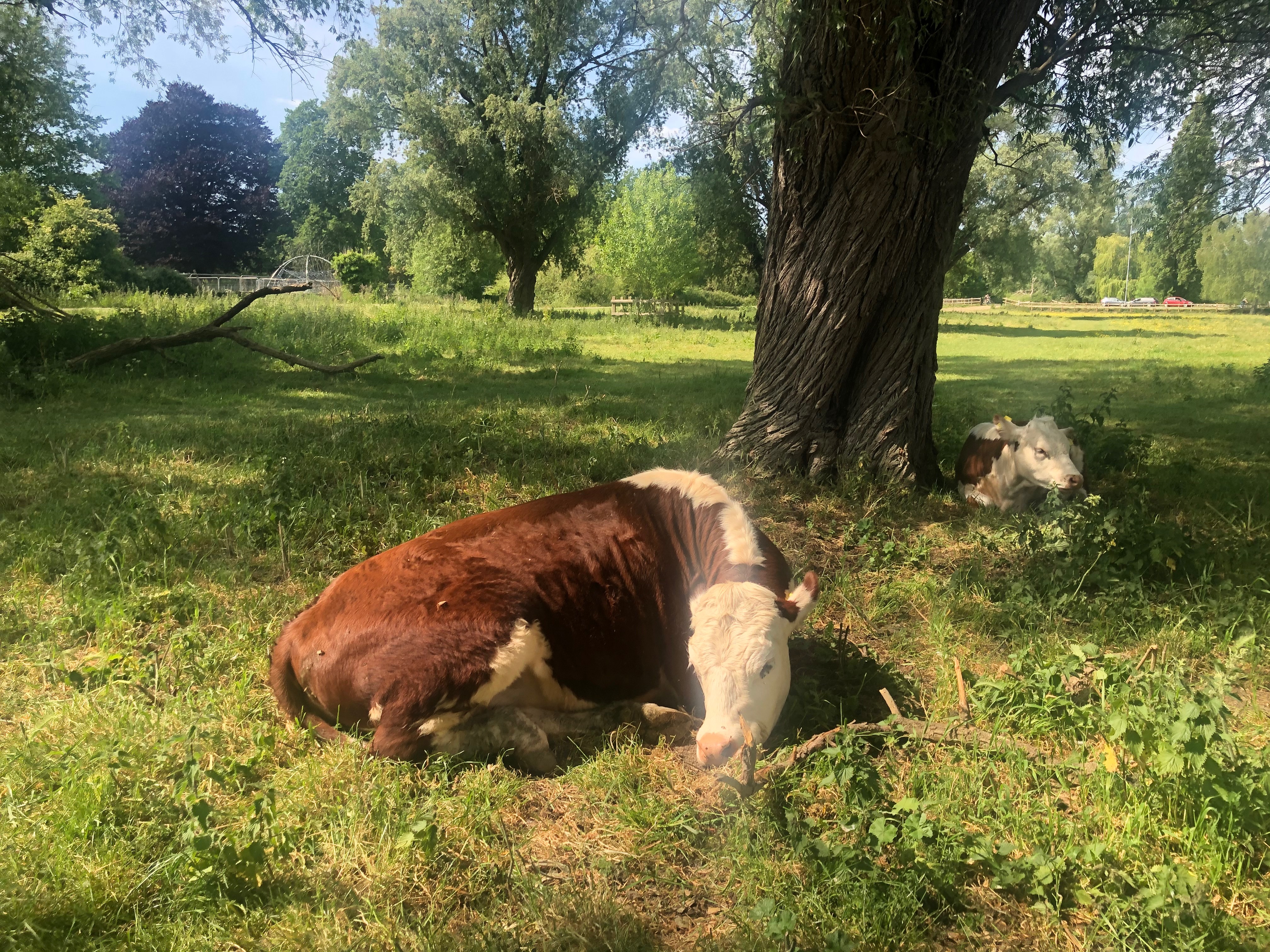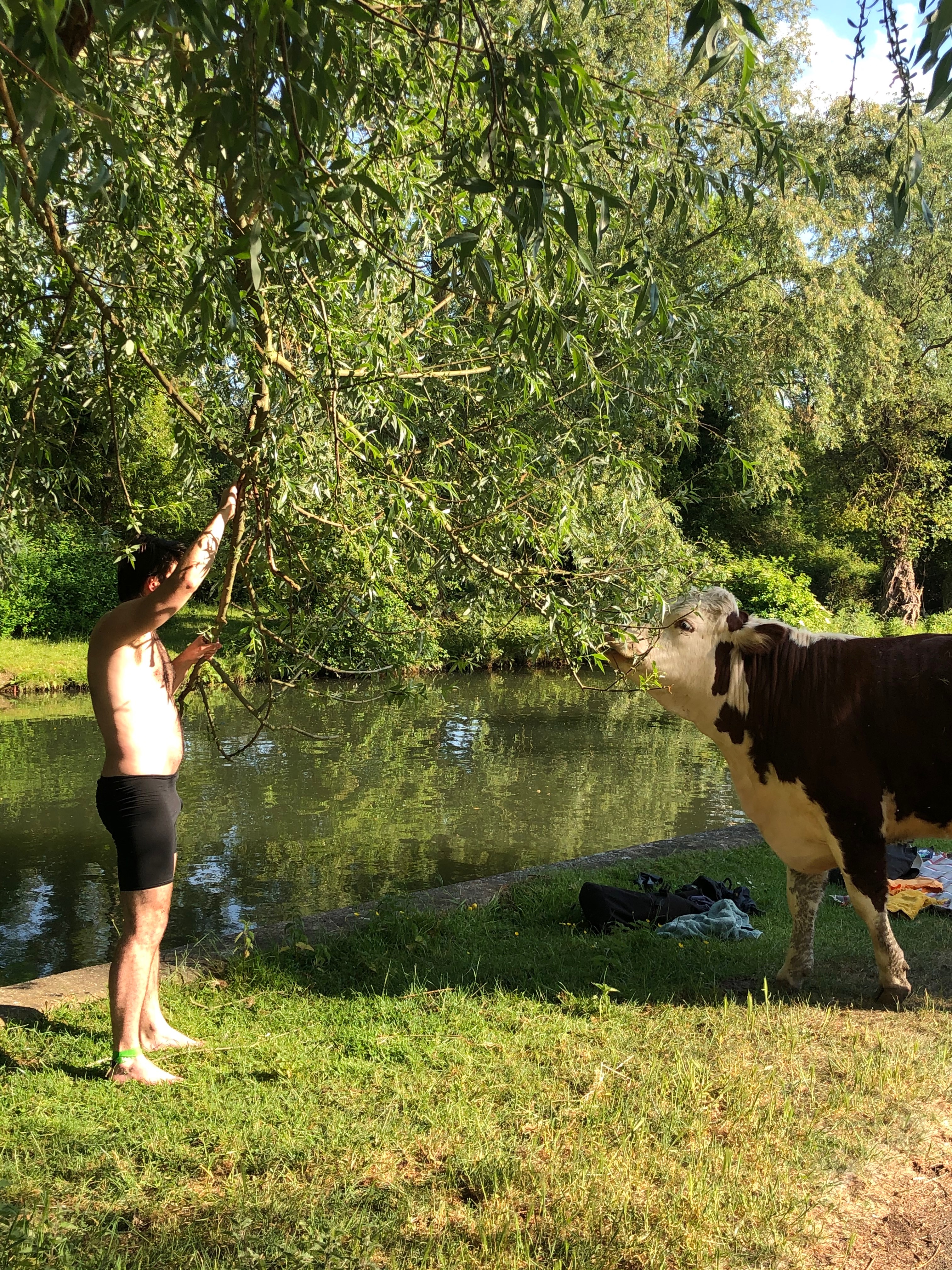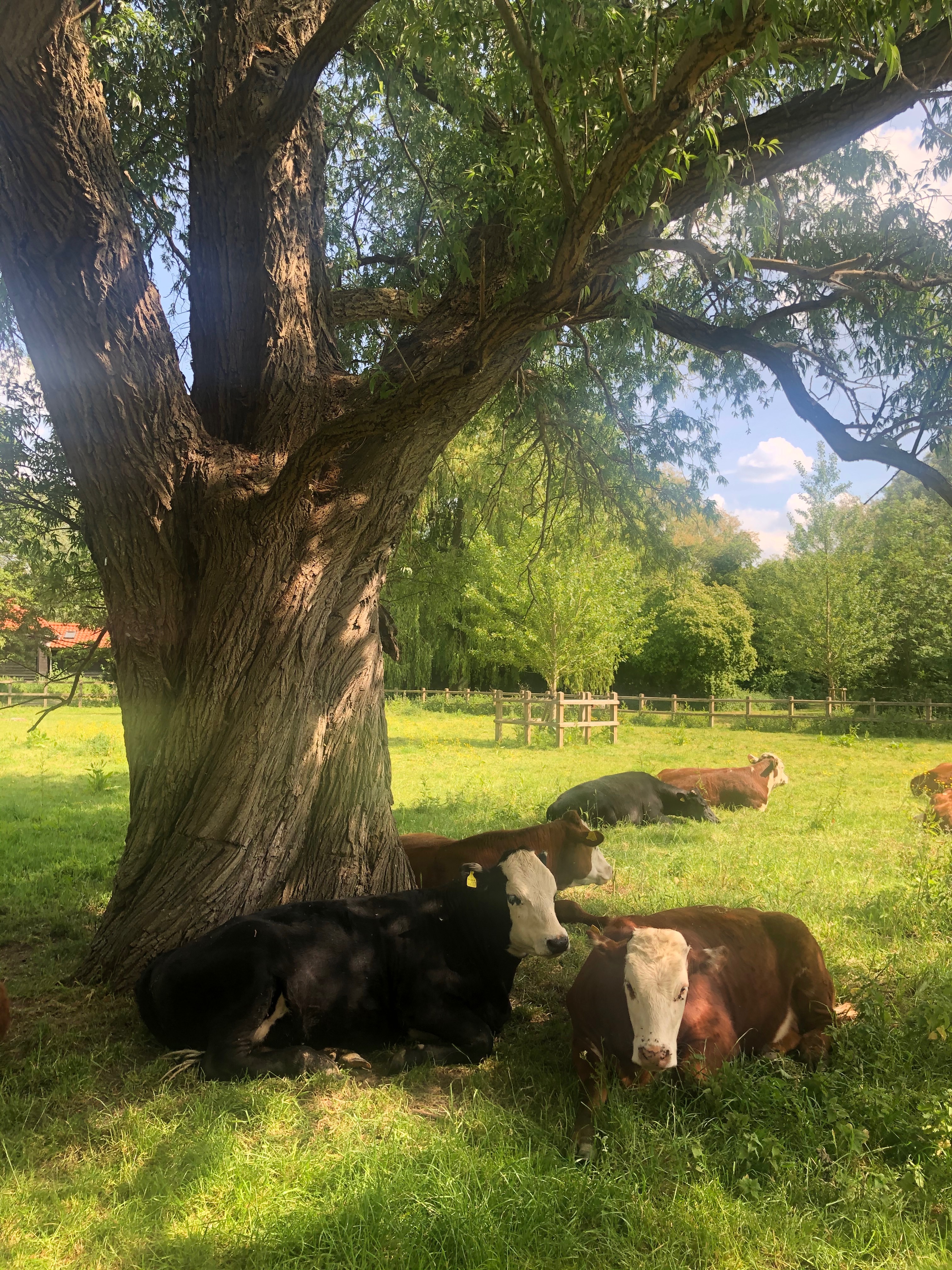The little-known story behind the 18th-century Chinese encyclopedia and what it tells about why China is anxious about foreign aggression
In 1986 the Taiwanese published the 18th-century Chinese encyclopedia “Complete Library of the Four Treasuries,” the Siku quanshu 四庫全書, in a set of 1500 volumes, arguably the largest single collection of books in human history. After its completion, copies were distributed to the seven imperial libraries across China in 1725. Needless to say they were considered the greatest treasures of the Chinese civilisation. Sadly, throughout the 19th century, three copies were destroyed during invasion by the British, the Franco-British force, and the “Eight-nation alliance”; one copy was destroyed by the Taiping Rebellion, whose leader famously claimed to be a brother of Jesus Christ. After the founding of the Republic of China in 1911, the three remaining copies were briefly reunited in Peking and talks began to produce copies of the work. Eventually one copy fell into the hands of the Japanese invader in Manchuria, and the another captured by the Russian before the end of WWII. Imagine the anxiety of the Chinese people seeing their treasures being destroyed and pillaged one after another!
After the defeat of the nationalist one copy was brought to Taiwan and the other two eventually were returned to Peking. After overcoming many difficulties with smaller attempts for decades, the Commercial Press finally succeeded in publishing the 1500 volumes, considered a fixture of all the great libraries around the world for decades. That is of course digitalisation took over.
The digital version still has many problems and the printed version is still essential to serious researchers. No respectable libraries today would be without a set though I can certainly imagine library modernisers disagree. I am so happy to see here at the Needham Research Institute here in Cambridge, the K.P. Tin Hall has four walls completely filled with the “Four Treasuries,” along with the Buddhist and Daoist canons.








